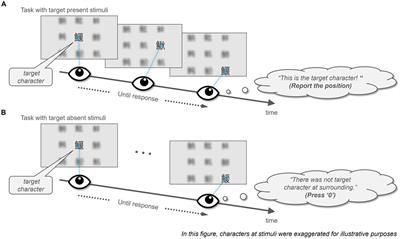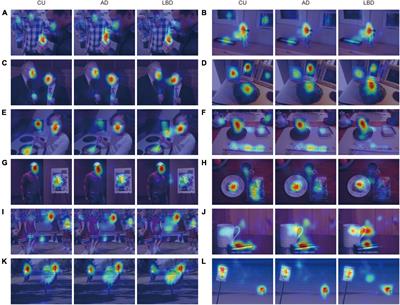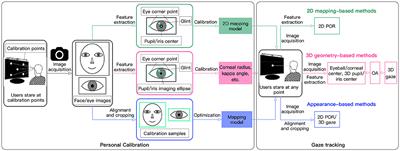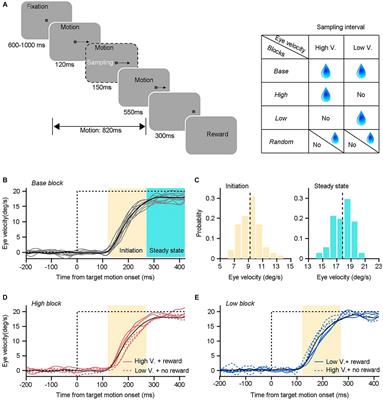EDITORIAL
Published on 25 Jun 2024
Editorial: Role of eye movements in vision, attention, decision-making, and disease
doi 10.3389/fpsyg.2024.1445167
- 627 views
2,232
Total downloads
10k
Total views and downloads
EDITORIAL
Published on 25 Jun 2024
ORIGINAL RESEARCH
Published on 17 May 2024

ORIGINAL RESEARCH
Published on 05 Apr 2024

REVIEW
Published on 20 Mar 2024

ORIGINAL RESEARCH
Published on 09 Jan 2024

ORIGINAL RESEARCH
Published on 29 Sep 2023

